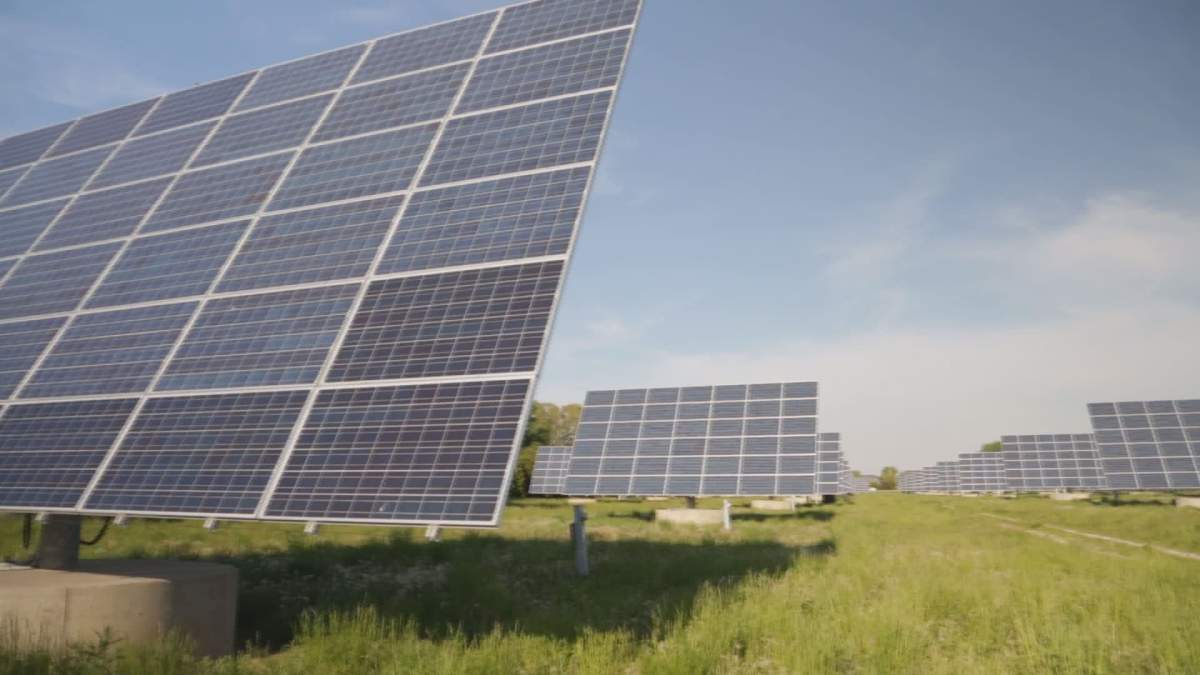Alberta will work with Indigenous groups in the province’s remote northeast corner on what the government says will be Canada’s largest off-the-grid solar power project.

The plan is for 7,500 solar panels to be erected at the power plant near the airport at Fort Chipewyan.
READ MORE: Largest solar energy project in Western Canada could be built within Calgary city limits
It’s expected the solar farm will be operating by next year and replace the equivalent of 800,000 litres of diesel fuel — about 25 per cent of the community’s energy use.
Alberta is contributing $3.3 million for the project with local Metis and the Athabasca Chipewyan and Mikisew Cree First Nations.

Get breaking National news
Fort Chipewyan is not connected to Alberta’s electricity grid and must burn diesel fuel for heat and power.
READ MORE: Jayman BUILT 1st large builder in Alberta to install solar in every new home built
The project’s size and storage capacity is required because of the lack of sunlight in the winter at that latitude.
Sunlight in the region swings from about six useful hours a day in winter to 18 hours in the summer.
The battery capacity will allow excess energy to be stored for use at night and in winter periods.
The total cost of the project is $7.8 million.
READ MORE: Alberta increasing solar rebates as the green energy industry grows 500% since 2015
“In addition to reducing costs, this project helps make life better for residents by reducing pollution and increasing safety,” Indigenous Relations Minister Richard Feehan said Thursday.
The project is expected to make roads safer by reducing tanker-truck traffic.
Athabasca Chipewyan Chief Allan Adam said his First Nation wants to be part of the solution to climate change.
“While our regional economy depends on the oil industry, we feel the effects of climate change in our community and see the growing impacts on our delta lands,” he said.





Comments